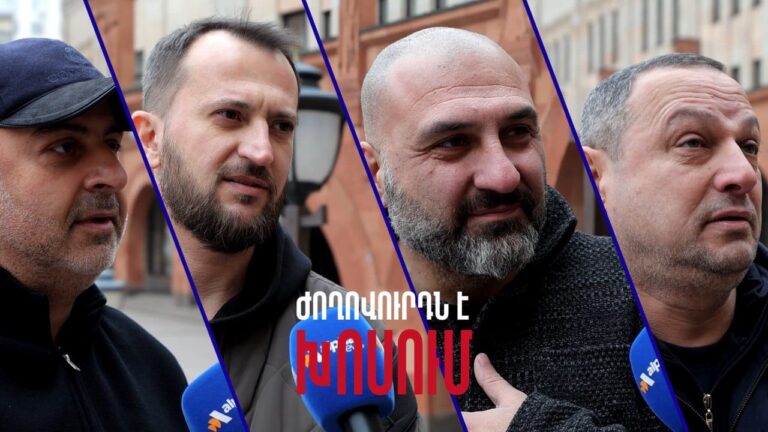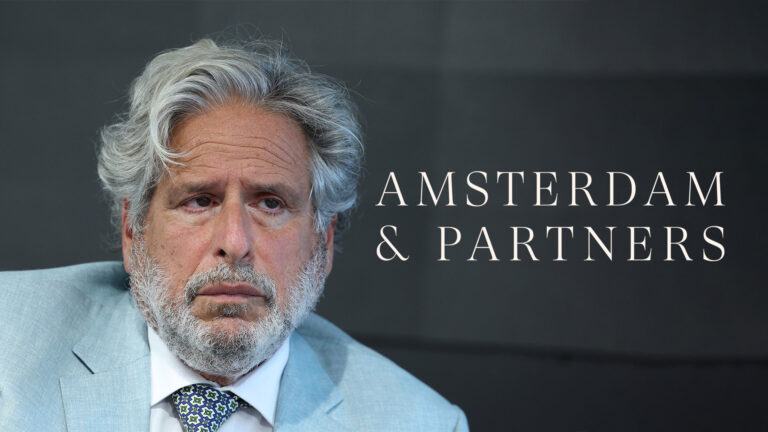Pashinyan’s Armenia is another post-Soviet “anti-Russia”
August 08 2024, 12:03
“Who controls the past controls the future. Who controls the present controls the past.” The Armenian authorities have learned this Orwellian quote very well.
The manifestation of this principle in the practice of political management is the introduction of changes in the Armenian curriculum, and more specifically, in the history textbook of the 8th grade. A textbook in which it is noted that the entry of Eastern Armenia to the Russian Empire in 1828 was an annexation.
Annexation is the forced incorporation of a country or part of it into another country. And who owned the lands of Eastern Armenia before 1828, before the Turkmenchay Peace Treaty? They belonged to the territories of Persia, which was ruled by the Turkic dynasty. Moreover, Shiite Turks made up a significant and, in some areas, dominant part of the population. In two years, before 1830, up to 40 thousand Armenians migrated from Persia to the territory of Eastern Armenia. Another 90,000 Armenians subsequently arrived in the Armenian lands within the Russian Empire from the territory of Turkey.
Let’s note that actions are once again being carried out in the post-Soviet area according to the same scheme, and Pashinyan’s Armenia is simply following the path of becoming another anti-Russia. Driving a wedge into the attitude of the Armenian people towards Russia and the Russian people in general is a strategic plan that resembles what the West did in Georgia in the early 2000s.
Today, the Georgian party, People’s Power, openly writes that Mikhail Saakashvili and his team carried out the most difficult tasks against Georgia, and after the events of August 2008 (Russia’s war with Georgia) Russia was called an “invader” and the United States was called a strategic partner. Realizing the importance of Abkhazia and South Ossetia for the people of Georgia, the Americans brought to power an instigator who ignited the war in 2008, as a result of which Russia (to protect its citizens) recognized the independence of these two republics, which for many years made the partnership between Moscow and Tbilisi impossible and unthinkable. Now Russia is already being called an invader in Armenia, and they go deep into history, in fact indicating that since 1828 we have been dealing with occupation.
The essence of this political project is as follows: without security guarantees, Armenia must implement a plan to cut off Russia and China from the North-South project and must provide its territory for the use of the United States and Turkey, as James O’Brien actually said a few days ago (and Pashinyan wrote about it back in 2001). And for the Armenian people to have no doubts about the “correctness” of this decision, a narrative that Russia is an occupier is thrown into society. And it is impossible to have a unified security system or a unified communication system with the “occupier”.
Orwell was right: “Who controls the past controls the future. Who controls the present controls the past.”
Think about it…







